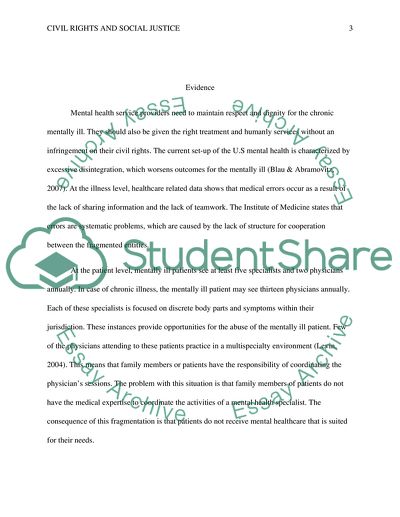Cite this document
(Civil Rights and Social Justice Coursework Example | Topics and Well Written Essays - 1500 words, n.d.)
Civil Rights and Social Justice Coursework Example | Topics and Well Written Essays - 1500 words. Retrieved from https://studentshare.org/law/1836411-civil-rights-and-social-justice
Civil Rights and Social Justice Coursework Example | Topics and Well Written Essays - 1500 words. Retrieved from https://studentshare.org/law/1836411-civil-rights-and-social-justice
(Civil Rights and Social Justice Coursework Example | Topics and Well Written Essays - 1500 Words)
Civil Rights and Social Justice Coursework Example | Topics and Well Written Essays - 1500 Words. https://studentshare.org/law/1836411-civil-rights-and-social-justice.
Civil Rights and Social Justice Coursework Example | Topics and Well Written Essays - 1500 Words. https://studentshare.org/law/1836411-civil-rights-and-social-justice.
“Civil Rights and Social Justice Coursework Example | Topics and Well Written Essays - 1500 Words”, n.d. https://studentshare.org/law/1836411-civil-rights-and-social-justice.


